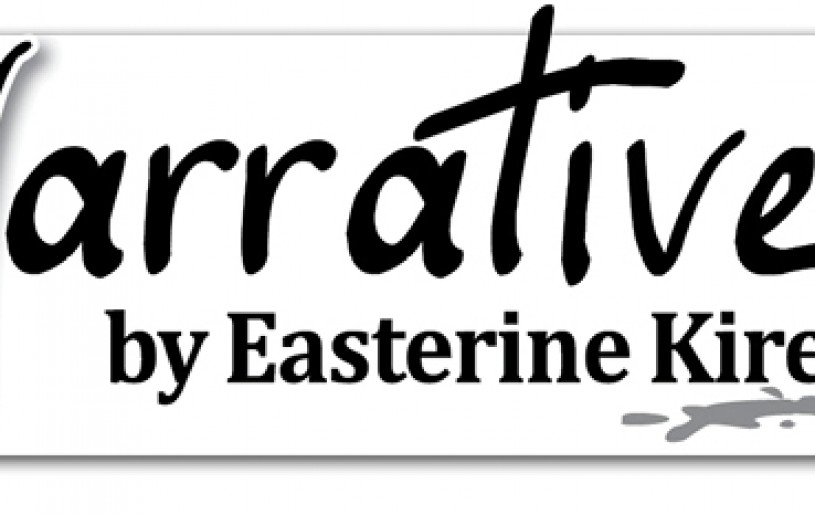
“Rulers always have and always will find it dangerous to their security to permit people to think, believe, talk, write, assemble, and particularly to criticize the government as they please,” said William J. Brennan, a Justice of the U.S. Supreme Court. Therefore, the framers of the U.S. Constitution established a limited government that would not threaten individual freedoms, such as the freedom of conscience, religion, and expression.
Constitutional democracy cherishes the free exchange of ideas, including dissension and opposition from its citizenry. Only when freedom of public discussion is available, and where almost any policy is subject to perpetual questioning and challenge, can there be the assurance that both majority and minority rights will be served. Conversely, to be afraid of public debate is to be afraid of a society from becoming a vibrant democracy.
The right to oppose the government, or to form opposition parties, is a defining characteristic of a democracy. Hence, it is important to not only recognize the need for the free flow of opposing views but also to encourage this free expression.
But in India, unfortunately, there’s a strong aversion to opposition parties and dissenting views. Ruling parties typically dig deep into the national treasury and use government resources to suppress opposition parties. As a result, opposition parties continue to be victims of legal and political restrictions designed by the incumbent regimes. On the other hand, most opposition parties are also equally wrong in thinking that their role is to oppose everything or anything a ruling government proposes or suggests. Or, sometimes they would just stoop down to screaming at each other without carefully thinking or taking things personally when others disagree with them. As for the populace, they seem to believe that democracy is simply about the casting of ballots every five years or so. In the meantime, the government is left to do whatever it pleases until the next election time comes around again.
Faced with these challenges, what role does an opposition party play in an emerging democracy? What function does it serve? What can it do to promote the democratic process?
If politics is to be taken seriously, those who lose in an election have a duty to continue speaking out for the issues they ran for during the campaign. They shouldn’t just pack up their bags and go home.
The real work of the opposition begins the day after a General Election. As such, the opposition is in a privileged position to promote responsible debate and call media attention on key issues. Through healthy debates, the opposition can push democratic process to a higher level of political development and maturity. In emerging democracies around the world, opposition parties are increasingly playing an important role in shaping policy agendas and fighting corruption, singly or in alliance with other entities.
Of course, the opposition’s main role is to question the government of the day: hold the officers-in-charge accountable, check if real service delivery is happening on ground, and ensure transparency in handling all public matters. It serves as a watchdog, making sure that the government acts within the scope of the law, pointing out cases of corruption, nepotism and the like. In other words, the opposition’s role is very crucial because it keeps the sitting government on its toes and prevents it from becoming complacent, arbitrary, despotic, or corrupt.
To be in the opposition can be a real blessing in disguise. Especially for first-timers, it can be a great training ground. In some countries opposition parties form “shadow cabinets” where members of the party are assigned “cabinet portfolios” reflecting the ruling government. This is to give “shadow cabinet members” the opportunity to start developing strategies within their specific portfolios. After all, the opposition should always present itself as a viable alternative (“a government-in-waiting”) to the ruling government. For example, if the ruling government were to let the public down, citizens need to know that they would be in ‘safe hands’ if the opposition were to take control of the helm of affairs.
For all these above-mentioned reasons, opposition parties should see themselves as indispensable for the growth and progress of a society. Their goal should be to deepen democracy within the political institutions before they can become champions of national democracy and good governance. Indeed, democracy cannot thrive without a viable and vibrant opposition.






